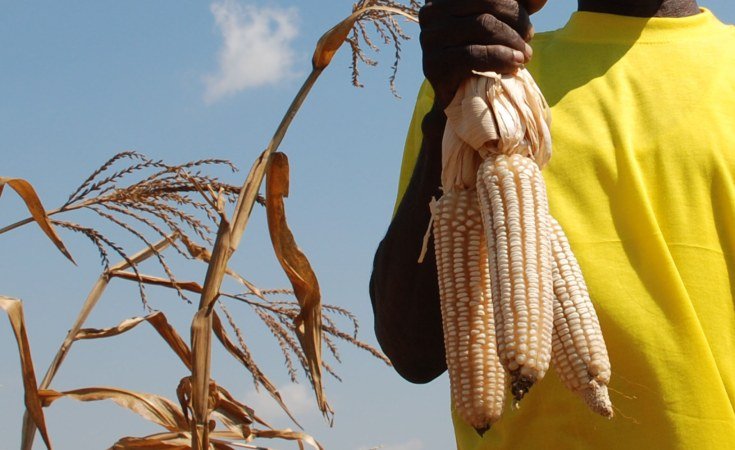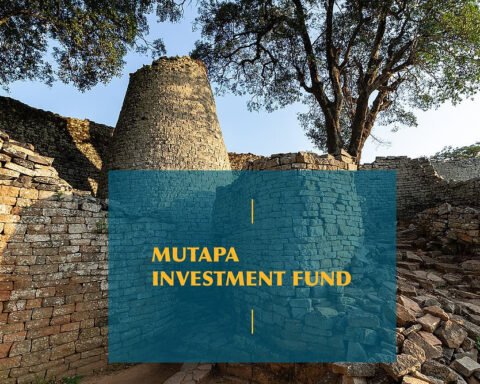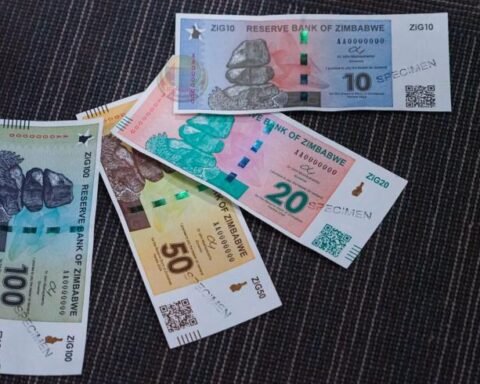ZIMBABWE | Deputy Minister of Lands, Agriculture, Fisheries, Water, and Rural Development, Vangelis Haritatos, recently issued a stern warning against the illegal sale of genetically modified organism (GMO) maize seeds to farmers for planting, stating that perpetrators would face prosecution. Speaking to journalists in Harare, Haritatos emphasized that while GMO maize importation is permitted, it cannot be distributed to farmers for cultivation. He stressed that both sellers and buyers would be liable for legal action if caught engaging in such activities.
“We are allowing GMO maize to be imported into the country, but what we don’t want is for it to be distributed to our farmers,” Haritatos stated during the briefing. “We believe that if any maize is sold to our farmers, this is tantamount to the person who sold it being prosecuted, whether it’s the farmer buying or the seller. We will prosecute both because both will be offside. So, those who are importing, we do not allow you to sell maize to farmers for them to grow on their farms. If you are caught selling maize and we find that maize, unfortunately, you will definitely be prosecuted.”
Highlighting the importance of upholding the law, the deputy minister made it clear that commercial importers could approach authorized entities for maize imports, subject to scrutiny by the National Biotech Authority of Zimbabwe (NBAZ). “Our reliance on imports as a country must only be within the commercial sector,” he stated. “So those who are looking to bring in maize, they are welcome to approach GMAZ and CMAZ and other millers who want to import, but they must bring in the grain that they require.”
Furthermore, Haritatos emphasized that GMO maize must be delivered to a mill and milled under the supervision of NBAZ or sold for stock feed and processed at a stock feeds plant. Despite permitting GMO maize importation, the government maintains that there are sufficient maize stocks, negating the need for importing supplementary products. “So, we have no immediate intention as the Government of Zimbabwe to import any maize into this current season’s stock,” Haritatos affirmed. “As I mentioned, we have a substantial amount of stock already in our SGR (strategic grain reserves), and we strongly believe that is enough until next year’s harvest and next year’s summer harvest.”








